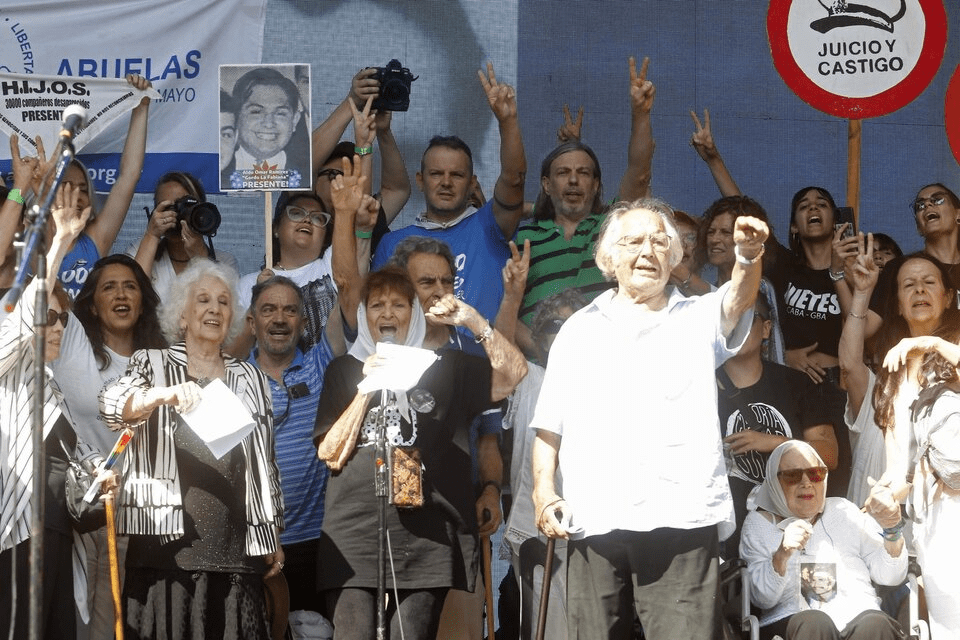ESPIRAL Mexico 2008, Jorge Perez Solano 99 min. Filmrecensie door Kofi Dohnani
Jorge Perez Mexico, director of ESPIRAL was born in Huajuapan de León, Oaxaca in 1964. He studied at CUEC-UNAM and UAM. He directed the shortfilm Playback for the TV series Encuentros y Desencuentros. He was the director of the second unit, editor and director´s assistant at the film Santo Luzbel, directed by Miguel Sabido. He has directed different programs for TVUNAM and for cultural channels 40 and 11. Espiral is his first film.?
Espiral got a very special mencion from the festival jury because of the excellent quality of the film en general and the very nice oposition between nature and culture.
The question that occurs at first, after watching this movie is: “how deep is the impact of abroad on a peaceful village like Huajuapan de León, in the region of Oaxaca in Mexico?” It’s all about how to cope with what are one’s roots and the influence of what’s new. This is strictly the common basis of any migration phenomenon.
Basically, it is a story about a young fellow called Santiago. He was commanded by his father in law to be, to get wealthy and rich before he can deserve his daughter Diamantina.
He ought then to go where the grass seems greener, to get what he cannot get up to, according to the level of the new wage of his society through the new generations and their various influences.
Unfortunately he went so long that, his engaged woman was “stolen”, like it’s had being done through ages in their society. It happens that the driver, who stole Diamantina, was incarnating, in a certain level, the other side of the world, where Santiago is gone to become wealthy.
This is a singular way to describe a melting of tradition and modernity that is subtly spread out along the movie.
So far, this is the look that is on the dot…
What if we put an eye on all the implications upon migration that can be observed?
Let’s stuck on the three constants that, the story deals with upon migration, which are the dream, the departure and then, the arrival.
The first stands for the old man while he commanded his daughter’s fiancée on the tradition’s purpose, to realize his own dream that he could not achieve. “He did not actually deserve his wife, once he stole her!”
However, he did not realize the uncertainty of this tradition nowadays.
Besides, we then hang up with the youth who are definitely eager to change their world and are healthy enough to engage themselves into several trips ceased through the call from abroad nicely incarnated by Santiago and nevertheless Macario.
The last but not the least is observed in the two sights that took the lives of the two young men who travelled to the North. One came back to his village maybe wealthy, (it’s all about what one’s looking for), and the failure of the other one, who became a drunkard and was, by then forced to hide himself to his own ones.
This is a respectable look over migration and the movie is also technically prettily made, with a deep reflection on the approach of one another focused on migration interest.
It is obvious that the feeling of migrating is universal, but, the reason to migrate is definitely personal. Therefore, each of us might end up hanging on how to adapt the common sense of “home”. And it is definitely observable that the experience of the migrants overpasses every of the theory that last on it.
” El alma de un migrante es nunca adaptarse a un lugar donde no nació”, dixit Jorge Pérez Solano
Kofi Lolowu Mawuvi DOHNANI
Antwerpen, 14/11/2010














